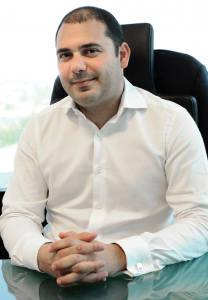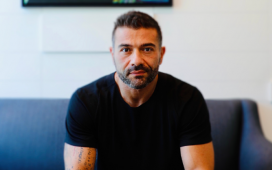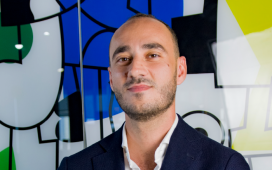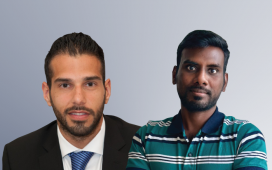Like bees in a hive, the industry must work together to tackle its problems or it will bumble into obscurity, says Tarek Miknas
Feeling Tired? Drowsy? Never have enough time for yourself or your family. Never have the opportunity to re-charge, live, and get the input out of life that you used to apply to your work? Are you up at night unsure of your next revenue drop? Nostalgic for the media commission and the 15 per cent margins on creative? Do you find yourself reminiscing back to the day when you had to look up what in the world ‘procurement’ meant?
Try ProzAD. A new and improved formula that will treat your anxiety and panic. ProzAD will give you the permission to pretend that if you sign out for a while, it’ll all go back to the way it used to be.
Side effects will include a detachment from reality and the certainty of falling so far behind that you might just have to sign out forever.
If that doesn’t work, pick a different industry – where in time you’ll probably find that it’s going through the same kind of transformation and that the only way to push forward will be to get out of a very comfortable space and dive into a 12-metre wave that could very well drown you if you don’t get past it to more tranquil waters.
How about going client-side with a big multinational? Maybe Unilever, who’ve most recently splurged $1bn on Dollar Shave Club, accelerating the company’s transition away from its traditional bricks-and-mortar dependency. Not your cup of tea? How about Domino’s Pizza, who now describe themselves as a ‘tech company that sells pizza’? Having restructured its operating ethos, Domino’s now makes $2bn in e-commerce, which represents more than half of its sales (which have grown double-digit since the transformation).
Almost everything I hear, almost every conversation I have, just about every article I read, digs a little deeper into my insecurity about how to navigate the future of our business.
The industry today is like a bee that has been trapped between the interior of a curtain and an open window. And those trapping it can either take the time to safely get it back out into nature and allow it to do its thing, or just swat it against the wall, wipe clean the splat, and find an algorithm to take its place.
Perhaps over-simplified, but the only way we can get ahead is to come together with the other worker bees and build a hive that flourishes for all. And the active ingredient in the real ProzAD will be made of the natural, organic, free range, Omega 3-infused honey that we’ll produce together as an industry. Like a bee, alone we can only do so much.
The very formula of how we’re paid insists on structures that are today ‘inefficient’. We charge based on hours delivered by people. This, by default, gives power to procurement to compare agency rates and scope-of-work evaluations with the same logic used to buy staplers for a company at the best cost. The only problem is that ideas are intangible, which challenges a like-for-like comparison.
And with lowering margins, once shareholders get their bit at the end of the year there is nothing left to put back into the company for research and development, the experimentation needed to uncover the real ProzAD’s secret ingredient.
So, it’s business as usual. Plus. Which typically means a whole lot more of paragraph one of this article.
What’s the point of this essay? Is it just to get stuff off my chest? Or to offer the magic thread solutions that will stich everything back up again? Or is it a call to arms? When I started writing, it was a bit of the first, with the aim to reach somewhere productive and ending with a plea to our industry: Help!
The exciting bit about this problem is that today, the solutions will not be offered by an HQ in New York, Paris or London. The solutions will be stumbled upon, with a great deal of experimentation and a huge appetite for change, by any market that takes on the challenge, be it in the Middle East, Guatemala or Azerbaijan.
We are better poised than anywhere else in the world to be first; to make a difference to our industry globally from the MENA region. The fact that most of our networks have multiple offices in the region allows us to play with just about any variable that could be considered. We have high-cost markets, low-cost markets, localised markets and regionally-led markets, with every type of client you could dream of asking for.
Perhaps if we all were to experiment, to share with one another what worked for us and what didn’t, it would speed up the solution. Perhaps we can forge the next silver bullet together.
And may, just maybe, we’ll all find a way to sleep better at night. To reassure our margins, to reinvigorate our industry, to re-establish our role and to seriously make a meaningful difference.
Tarek Miknas – CEO of FP7/MENA











